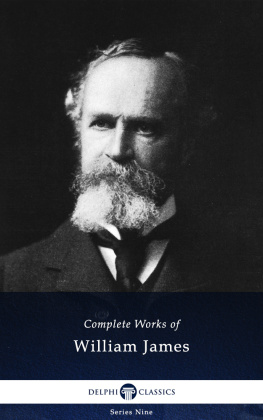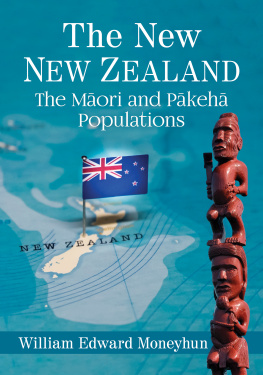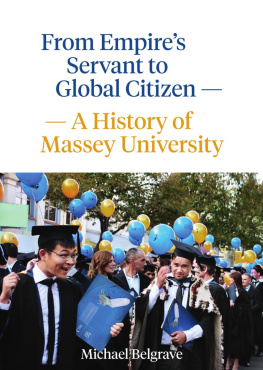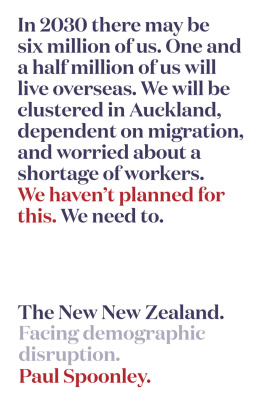Introduction
United States President Woodrow Wilson was very annoyed. Only that morning an account of discussions at the highest level during the Peace Conference had appeared in a Parisian newspaper, and some of those now in the same room with him were suspected of leaking the information. Someone was taking the Presidents principle of open covenants openly arrived at much too far. Right now William Massey, the Prime Minister of New Zealand, was speaking, arguing that his country should be given a fairly clear and definite statement that it would receive a mandate over Western Samoa and not have to wait until Wilsons brainchild, the League of Nations, was in operation. A large man, with blue eyes, white moustache, a balding head and a ruddy complexion, Massey spoke with traces of the Ulster accent that some of the Presidents ancestors had used. Wilson was well aware that this farmer from the antipodes was incapable of understanding that the rule of law, operating through the League and backed by the force of international public opinion, would soon make armaments and concerns about the balance of power redundant. He and that insufferable Welshman beside him, William Hughes, Prime Minister of Australia, continued to maintain that their countries needed to control the German colonies on their northern approaches for security reasons.
Suddenly the President had had enough. He demanded to know whether New Zealand and Australia were presenting an ultimatum to the Conference, threatening not to sign the treaty it was drawing up if they were not assured in advance of the mandates over the German colonies they had occupied. Massey was taken aback and denied he was doing this, but he thought he had made himself perfectly clear. Thereupon Hughes, fiddling with his primitive hearing aid, deployed an American expression common enough in Australia: Thats about the size of it, Mr President. Massey made some sound that David Lloyd George, the British Prime Minister, took to be a grunt of agreement. For a moment it seemed as if Wilsons carefully constructed vision might have to face reality. Would American marines storm ashore in Western Samoa and New Guinea to evict the forces of New Zealand and Australia? Would the rest of the British Empire stand aside while their kith and kin, who had fought beside them on the barren hillsides and parched deserts of the Middle East and the muddy swamps of the Western Front, were subdued? A conciliatory speech from Louis Botha, the Boer commando who had become Prime Minister of South Africa, calmed the atmosphere, and it was followed by reassurances from Massey himself. He declared he was prepared to take personal responsibility for his decision, without referring it back to the New Zealand Parliament. A communiqu was issued, noting that a satisfactory provisional arrangement had been reached. Thus ended what Lloyd George considered the only unpleasant episode of the whole Congress.
Many New Zealanders anticipated great things from the Paris Peace Conference. In New Zealand, as in so many other countries, the experience of a war of unprecedented destructiveness and the hopes propagated by President Wilson led to expectations that the world was about to be transformed. The forthcoming conference was variously described as the most momentous conclave in history, Newspapers followed the progress of negotiations between the victors closely, and many printed the full text of the treaty presented to the Germans. Much less attention was paid to the preparation of the treaties delivered to Austria, Hungary, Bulgaria or Turkey. Indeed, only the latter was regarded as of direct relevance to New Zealand.
As a relatively small power, New Zealand understandably does not loom large in standard accounts of the Paris Peace Conference. However, it does receive some generally unflattering coverage in Margaret MacMillans Peacemakers. Its Prime Minister is described by a Canadian at the Conference as being as thick headed and John Bullish as his appearance would lead one to expect.
In addition to Massey, New Zealand was represented at the Conference by Sir Joseph Ward, a previous Prime Minister and leader of the Liberal Party, which was in the wartime coalition with Masseys Reform Party. Despite his pretensions to what amounted to equal status, Sir Joseph played a comparatively minor role in Paris. Even his biographer devotes less than a page to the Conference, most of that not even about Ward himself. In line with his position as New Zealand Minister of Finance and reputation as a financial wizard, Ward took most interest in how, and the extent to which, Germany could be brought to pay much of the cost of the war. His advice to Lloyd George on such matters appears to have been ignored. It was Massey who spoke for New Zealand.
In 1961, W J Gardner, a historian who was considering the production of a biography of William Ferguson Massey, noted that the process of biographical revision has been described as bunk, debunk and rebunk. In most Labour households he had always been regarded as a Prime Minister set on crushing trade unions and, more generally, denying the rights of working people. The phrase deployed at the time of the 1913 General Strike for the mounted special police, Masseys Cossacks, lived on in popular memory as surely as the term Red Fed for the members of the Red Federation of Labour who backed the strike (and by extension, for any left-wing radical).
More recently, some might argue, the third of the stages outlined by Gardner has been reached. In the mid-1980s Miles Fairburn portrayed Massey as a politician who understood the desire of so much of the New Zealand working class to own their own homes and who appreciated that state assistance to fulfil that desire could be a potent political weapon against his Labour opponents in particular. Far from presenting Massey as an extremist, Fairburn saw him as a bulwark against both the extremists of the Protestant Political Association and those of the labour movement. In 2006 a conference at Massey University, which is named after the Prime Minister, brought together a number of historians who looked at various aspects of Masseys career almost without exception in a more positive light than had been typical of previous historiography.
This book attempts to give Massey his due, and to examine in particular his role at the Paris Peace Conference and the legacy of the settlements on the country and his later career. Like the other books in this series, this volume begins with a history of the land represented at the Paris Conference and a biography of its representative. Part I is rounded off by a description of how the First World War affected New Zealand and the contributions that the country and its Prime Minister made to the Allied war effort. Part II focuses on the Conference itself, initially setting out New Zealands interests as interpreted by Massey and his colleagues. It then examines Masseys performance and mixed success in advancing those interests, before looking at his own and other New Zealanders reactions to the Treaty of Versailles. Part III looks at the aftermath of the Conference, tracing general developments, both internationally and within New Zealand, that were on the whole rather disappointing to Massey. Finally, the long-term legacy of the Conference for New Zealand is analysed.





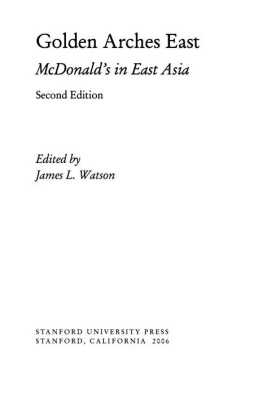
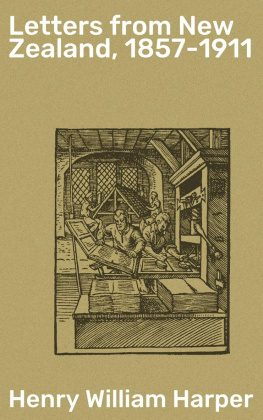
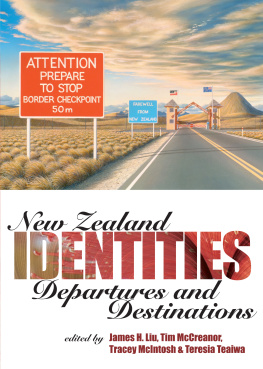

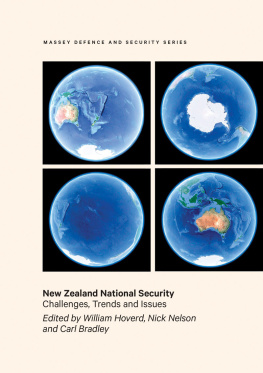
![William Henry Lowe Watson - A Company Of Tanks [Illustrated Edition]](/uploads/posts/book/291202/thumbs/william-henry-lowe-watson-a-company-of-tanks.jpg)
